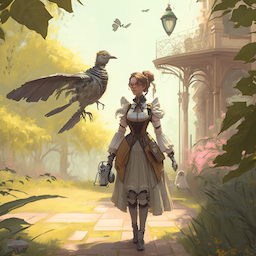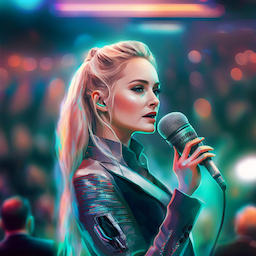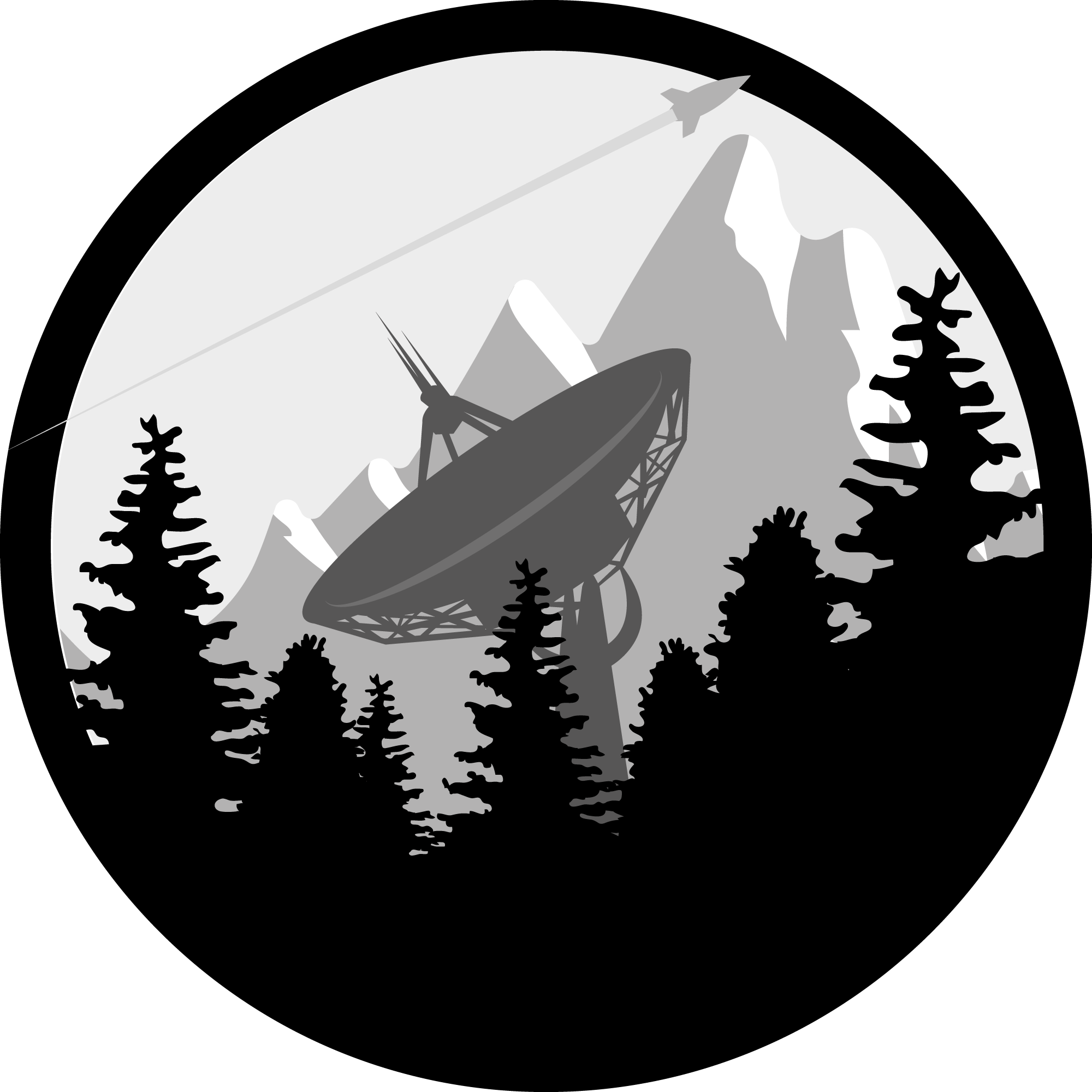Thoughts: Diamond Ages
What happens if economies of scale disappear from software? How will the music industry respond to Generative AI?
1.1 The Software Diamond Age

In Neal Stephenson's novel The Diamond Age, nanotechnology has made the cost of manufacturing zero. If I remember correctly[1], a tube of goop flows into your house, where nanomachines turn it into whatever you like.
The result? Diverse sub-cultures flourish as homogenizing economies of scale become unimportant.
What happens if GPT-like LLMs drive the cost of software toward zero and economies of scale in software disappear? The "effort" to create workable software is no longer a moat. If I can't find a markdown editor (or spreadsheet or app) that I like, I can describe my preferences and boom! Custom software. Variations will abound, and individual tastes and styles will reign.
It will be The Software Diamond Age.
Neal! Apparently, we both live in Capitol Hill. If I'm wrong, please correct me over coffee! ↩︎
1.2 Generative AI and Music

2024. Most pop musicians use Generative AI to help write their songs, while electronic musicians create sounds nobody has ever heard before. "Synthetic" musicians emerge as experiments but are derided as unoriginal.
2025. A truly synthetic band tops the charts for the first time. Most people don't know they aren't real until it makes the news and sparks a widespread, short-lived controversy.
2026. A synthetic band gives a live-generated concert to a million fans in VR. Before this, nobody realized that many people had VR headsets. Audience behavior creates the entropy for randomizing the performance such that it is truly unique.
2027. Synthetic musicians break down the barrier between the audience and the performer. You can talk to them, discuss their music, jam with them, and even ask them to write a song for you.
2028. The first Grammy Award goes to a programming team with no musical talent.
